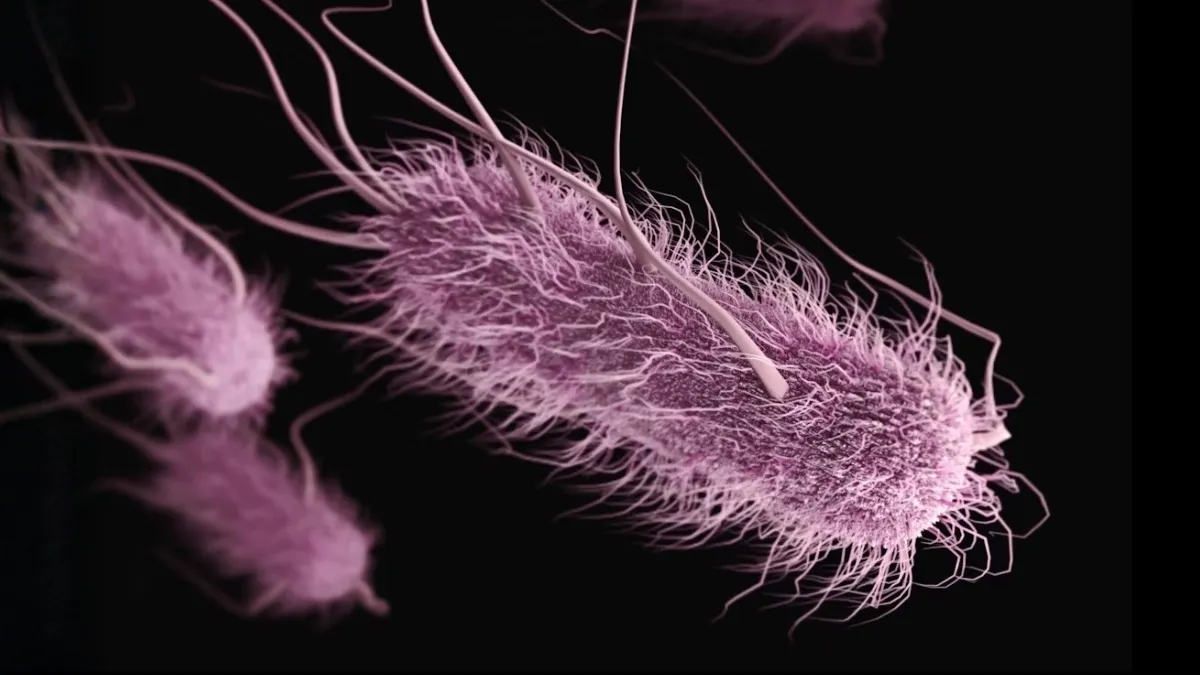
Recent research has uncovered a troubling link between raw meat contamination and the rise of foodborne illnesses, specifically urinary tract infections (UTIs). This study highlights how the moist environment of raw meat can serve as a breeding ground for harmful microbes. Microbiologist Lance Price from George Washington University (GW) emphasizes that while UTIs have traditionally been viewed as a personal health issue, they are increasingly recognized as a broader food safety problem.
The study reveals that the connection between meat consumption and UTIs is particularly pronounced in specific geographic areas. Individuals residing in low-income neighborhoods face a staggering 60 percent higher risk of experiencing foodborne UTIs compared to those in wealthier locations. "Your risk of infection should not depend on your ZIP code," asserts Price, highlighting the need for equitable health solutions across communities.
Every year, millions of people are affected by UTIs, with women being especially vulnerable to recurrent infections and improper treatments. The primary culprit behind these infections is the bacterium Escherichia coli. In an effort to understand the link between UTIs and foodborne bacteria, GW bioinformatician Maliha Aziz and her team analyzed over 5,700 E. coli samples collected from UTI patients and retail meat between 2017 and 2021. Their genetic analysis unveiled that a significant 20 percent of the UTI strains matched known foodborne strains originating from animals.
The findings indicate that contamination rates were notably higher in poultry products, particularly turkey meat, suggesting these items may pose the greatest risk for infection. Aziz and her team point out that the spread of meat contaminants typically occurs when proper sanitation practices are not followed during food preparation.
To combat the risks associated with raw meat, the US Department of Agriculture and the new study provide critical guidelines for safe meat handling:
Ensure meat and poultry are securely sealed when purchasing. Prepare meat last, after all other foods, including fruits and vegetables. Use a dedicated chopping board for raw meat. Avoid washing raw meat before cooking. Scrub hands with soap for at least 20 seconds after handling raw meat. Utilize a food thermometer to ensure chicken reaches at least 74 °C (165 °F), ground meats like burgers reach 71 °C (160 °F), and other meats reach 63 °C (145 °F).While the study conducted by Aziz and her colleagues was based in California, they suspect that the issue of UTI-causing E. coli exposure is a nationwide concern. There is a pressing need for further research to identify other potential sources of these infections. Price emphasizes that this research opens new avenues for prevention, particularly for vulnerable communities that disproportionately bear the burden of health issues. "This is why we should be investing more, not less, in research about the social determinants of health," he concludes.